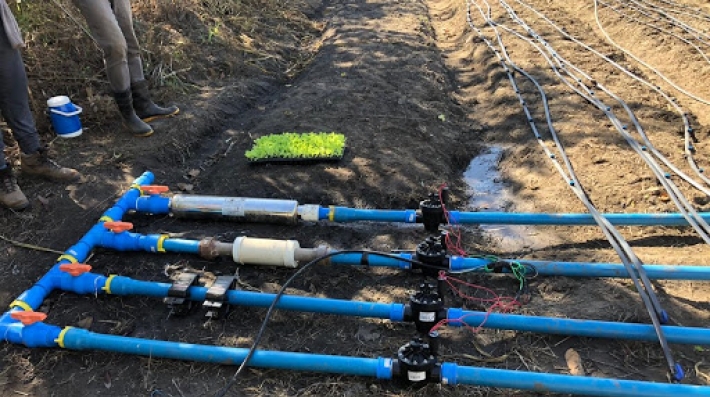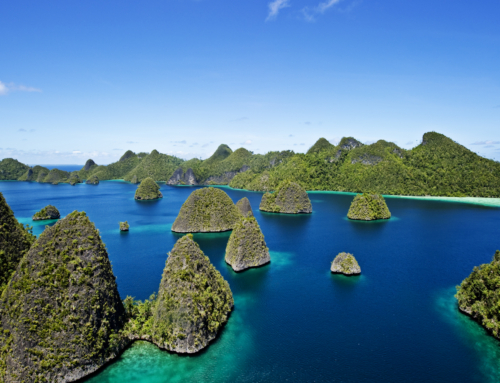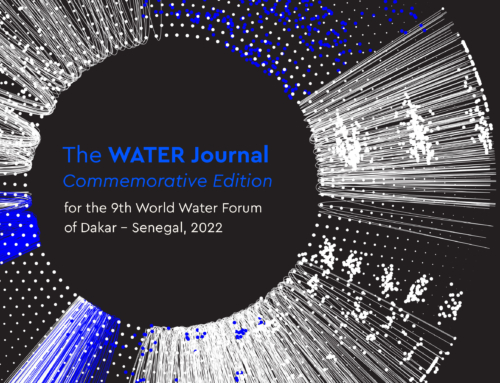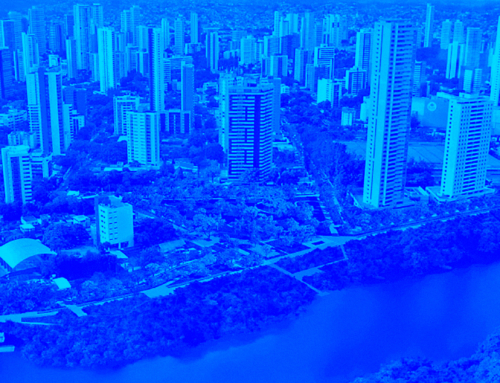Study in Brasilia analyzes benefits of using magnetized water in agriculture
An innovative pilot project on structured water applied to irrigation has just started in the Descoberto and Paranoá Hydrographic Basins, in Brasília (DF).
The name structured water refers to water molecules that realign perfectly in hermetic groups, causing the water to become more dense or concentrated.
According to studies carried out, the use of magnetically treated water can reduce the irrigation intervals, which would be more efficient; increase the speed and the germination percentage of the seeds; in addition to improving the production and productivity of agricultural crops.

Irrigation using magnetically treated water. Photo: Renata Leite / SEMA
An innovative pilot project on structured water applied to irrigation has just started in the Descoberto and Paranoá Hydrographic Basins, in Brasília (DF).
The name structured water refers to water molecules that realign perfectly in hermetic groups, causing the water to become more dense or concentrated.
Applied to irrigation, it can bring benefits such as increased germination and dry weight of the seeds; increased production of leaves, fruits and root length; and increased bactericidal properties of water.
Unprecedented in Brazil, the action is implemented by the Environment Secretary (SEMA-GDF) and is part of the CITinova Project, whose objective is to verify the increase in productivity and / or the reduction of the need for irrigation water from the use of magnetic treatment.
The start of the pilot experiment was marked by the planting of selected species (lettuce, corn and radish) at Chácara Colina, in Brazlândia (DF).
The test will be applied in two pilot areas: in a greenhouse at Fazenda Água Limpa, at the University of Brasília (controlled system), and at the farm located in the area of the Descoberto Basin (open system).
The Environment Secretary of the Federal District, Sarney Filho, emphasized that the chosen location is a certified property for organic production, which is surrounded by a preserved native vegetation and with an afluente source of the Córrego Barrocão.
The planting takes place during the dry season to avoid rainwater interference with irrigation. “It is a joy to be able to contribute and participate in the study. The lack of water is a serious problem worldwide”, recalled the organic rural producer, Luís Carlos Pinagé.
This is one of the initiatives of CITinova, a multilateral project carried out by the Ministry of Science, Technology and Innovations (MCTI) to promote sustainability in Brazilian cities through innovative technologies and integrated urban planning.
With the Global Environment Facility financing, the project is carried out, in Brasília, by SEMA, under the management of the United Nations Environment Programme (UNEP) and the Center for Management and Strategic Studies .
The study started is developed with the support of the University of Brasilia (UnB) and the International Centre on Water and Transdisciplinarity (CIRAT).
Benefits
Magnetic treatments are being used in agriculture, as a non-invasive technique, to improve productivity and crop production.
The magnetically treated water interferes in the physiology of plants and, some studies indicate that there is a soil-water interaction, presenting higher soil moisture, when compared with conventional water.
According to studies already carried out, the use of magnetically treated water can reduce the irrigation intervals, which would be more efficient; increase the speed and the germination percentage of the seeds; in addition to improving the production and productivity of agricultural crops.
“We are testing new approaches to the use of water and the effectiveness of these approaches through the project. Exploring the nano structure applied to irrigation focuses on better water management. We have a critical period of drought in the Federal District, so it is important to have access to innovative techniques that can be used in agriculture”, said Nazaré Soares, executive coordinator of the GEF / CITinova Project.
Methodology
The treatments will consist of three levels of magnetic induction, to be applied to the irrigation water and in addition to a non-magnetized water monitoring.
According to Professor João José da Silva Júnior, from the Faculty of Agronomy at UnB, specific evaluation criteria were defined for each species. “With the experience, it is expected to obtain the intensity that provides greater vegetative development, production of phytomass and crop productivity of the selected species (corn, radish and lettuce)”.
CIRAT coordinator, Marcelo Giovani Alves, explained that the magnetic induction is done inside tubes and that three pieces of equipment were purchased: a Brazilian, a Chinese and an American, for a better analysis.
“Developing this research in Brazil is very important because its results can help thousands of farmers”.



